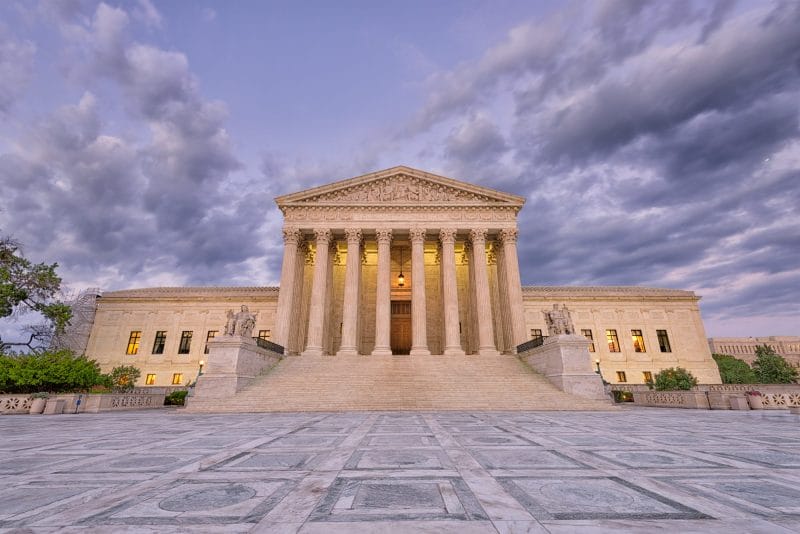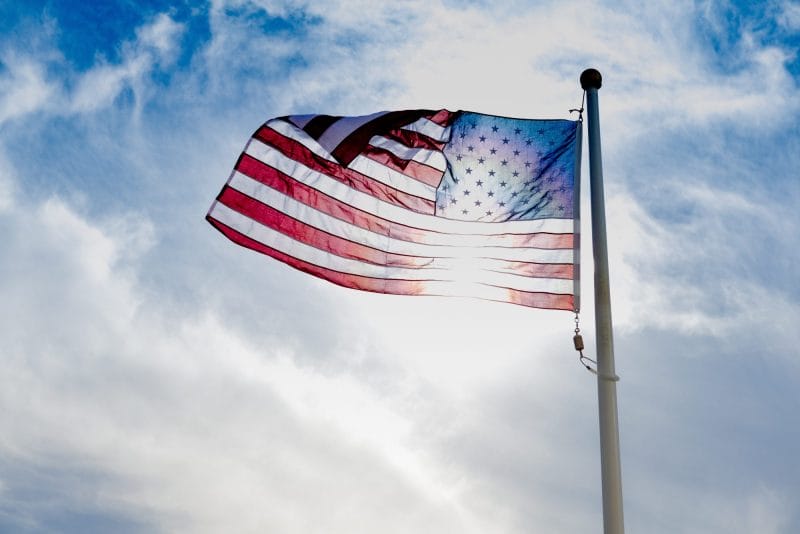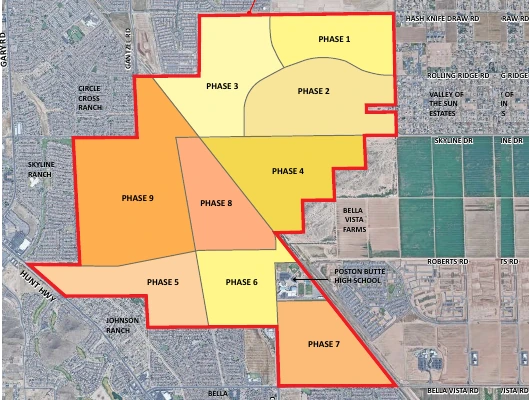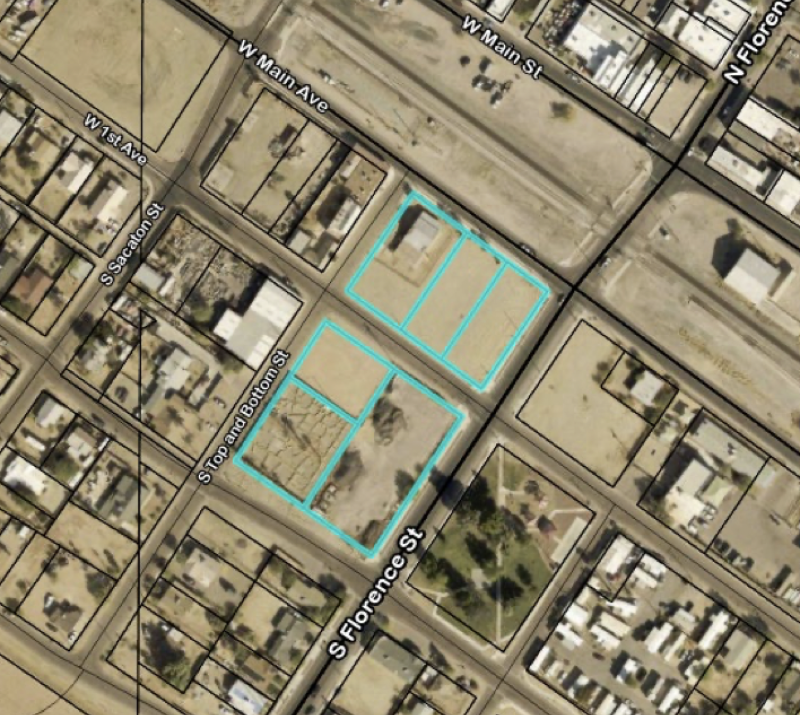Communities that worked hard to beat the coronavirus should reap the benefits of doing so.

By Elizabeth Pinsky
Pediatrician and child psychiatrist
Because the coronavirus is still spreading rapidly in much of the country, not every school district can bring children and teachers back safely and equitably this fall. But among those that can is Somerville, Massachusetts—the city of about 80,000 just northwest of Boston where my family and I live. After a biotech conference in late February spread the coronavirus in the Boston area, public officials in Somerville reacted quickly. The city shut down bars and required masks before most other communities did. Residents stayed home. Playgrounds closed. “Avoid playdates,” urged Mayor Joe Curtatone, a progressive who prides himself on making data-driven decisions about the problems that test the city and its residents. We knew our children felt lonely and confused, and still we buckled down.








